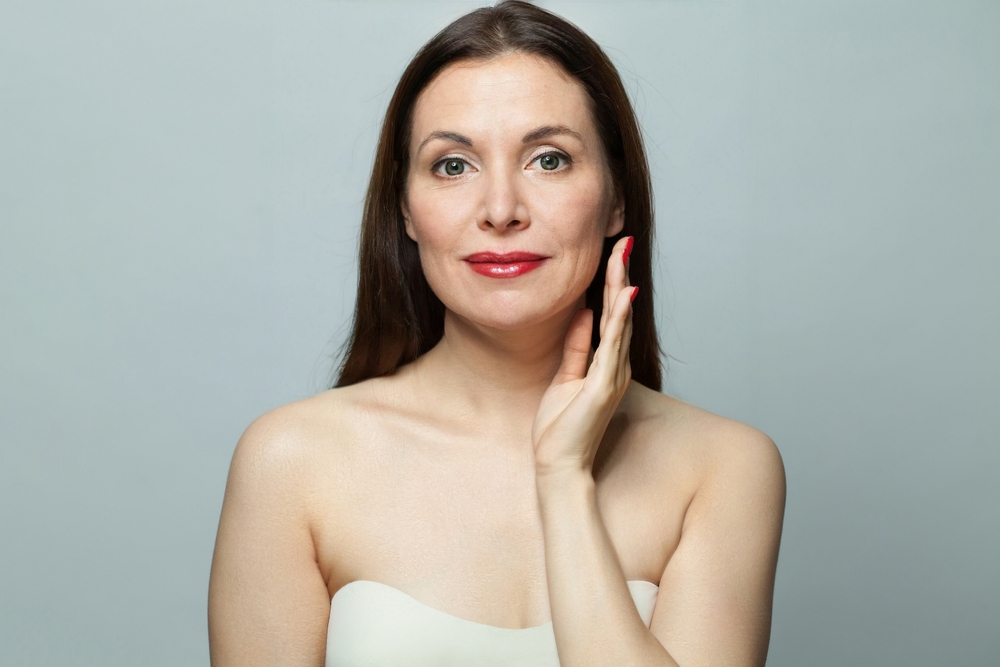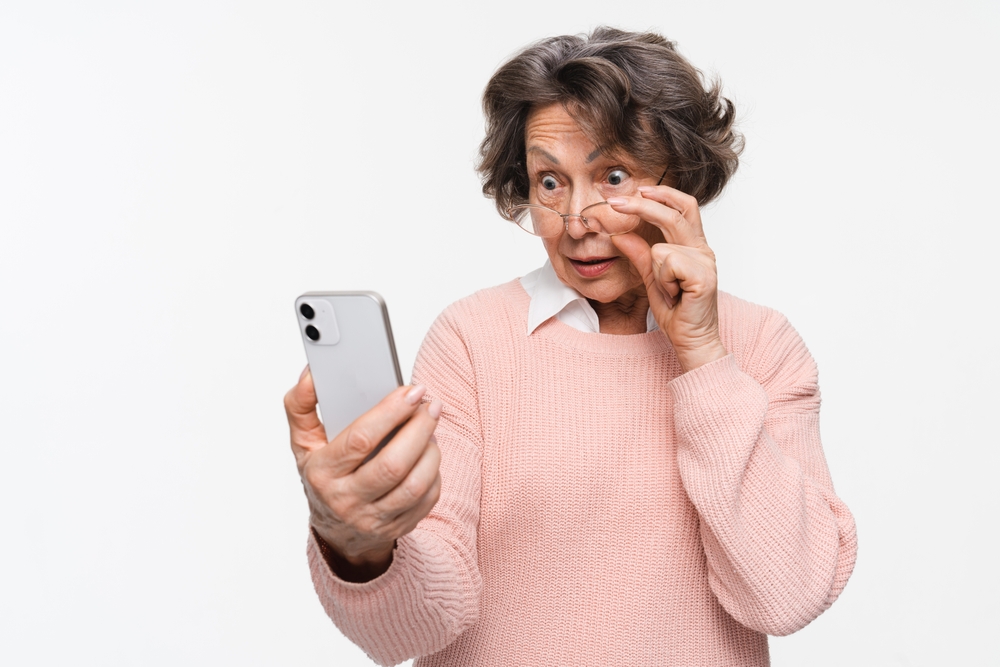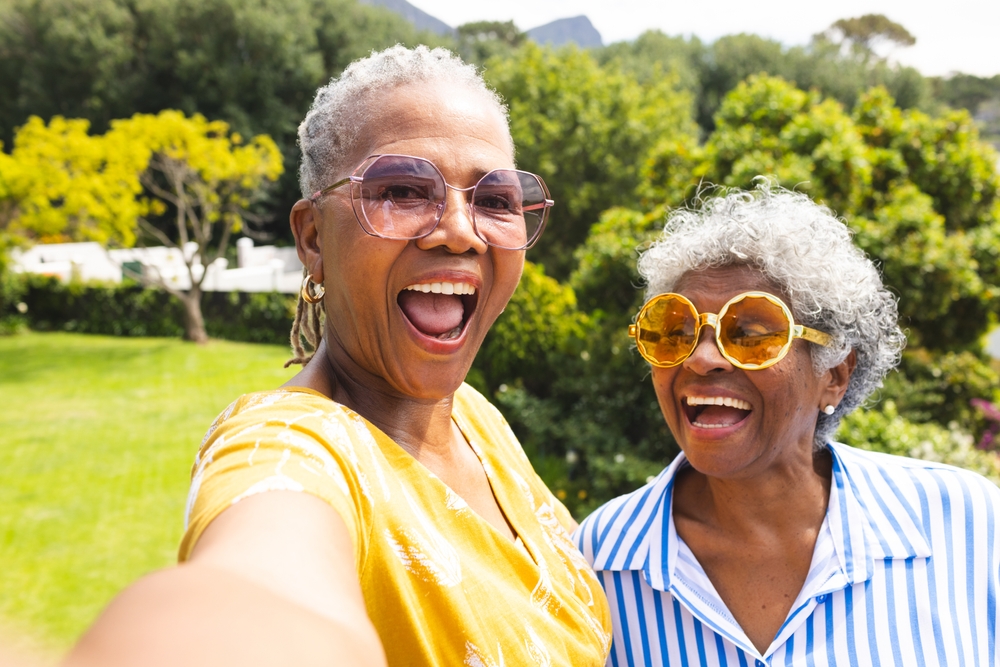Aging is fraught with misconceptions that can make the whole process daunting. From myths about inevitable health decline to the supposed end of new experiences, much of what we’ve been told about getting older is less reality and more fiction. It’s time to set the record straight.
1. Myth: Wrinkles Mean You Aren’t Taking Care of Your Skin

One of the most persistent myths is that wrinkles are a sign you’ve neglected your skin. In reality, wrinkles are a natural part of aging, influenced by genetics and lifestyle. You can care for your skin while embracing the beauty of fine lines. Aging gracefully doesn’t mean wrinkle-free; it means taking care of yourself while letting nature take its course.
2. Myth: Memory Loss Is Common

Memory lapses happen at any age, and getting older doesn’t automatically mean a failing memory. While it’s true that our memory might change, plenty of people maintain sharp minds well into their later years. Engaging in mental exercises, staying socially active, and maintaining a healthy lifestyle can keep your mind agile—so don’t buy into the myth that memory decline is inevitable.
3. Myth: You Should Avoid Exercise to Prevent Injury

A common myth suggests that we should slow down as we age to avoid getting hurt. However, staying active is crucial to maintaining strength, flexibility, and overall health. The key is choosing exercises that match your fitness level, like yoga, walking, or strength training, which keep your body strong and energized. Age-appropriate exercise can reduce your risk of injury and improve your quality of life.
4. Myth: You’ll Lose Interest in Intimacy

Aging doesn’t mean the end of intimacy or romance. Many people find that intimacy becomes more meaningful as they grow older. Studies have shown that many people maintain satisfying relationships and healthy intimate lives well into their later years. It’s not about age; it’s about connection, openness, and adapting to the changes in your relationship over time.
5. Myth: Learning New Skills Is for the Young

Who says learning stops with age? Many people take up new hobbies, languages, or even instruments well into their later years. The brain is remarkably adaptable and capable of learning at any age. Whether picking up a new language, taking a cooking class, or diving into digital art, learning keeps the mind engaged and brings a fresh sense of purpose.
6. Myth: Your Social Life Will Fade Away

The idea that aging equals isolation is outdated. Maintaining a social life is as much a choice in your later years as at any other stage of life. Staying connected with family, joining clubs, or volunteering in your community are excellent ways to keep a strong social network. Many people find themselves with more time for friends and new connections.
7. Myth: You’ll Stop Caring About Fashion

Contrary to popular belief, style doesn’t have an expiration date. Many people find themselves even more attuned to their personal style as they age, choosing pieces that make them feel comfortable and confident. Age can bring a newfound freedom to experiment with fashion, dressing for yourself instead of for others.
8. Myth: Aging Leads to Unavoidable Health Issues

While some health changes are natural, many common health issues associated with aging are preventable through a healthy lifestyle. Regular exercise, a balanced diet, and routine check-ups can go a long way in maintaining health. The idea that aging equals poor health isn’t grounded in fact—age itself isn’t the cause; lifestyle choices play a huge role.
9. Myth: You’ll Stop Feeling Useful

Age doesn’t diminish your value. In fact, with time comes wisdom, perspective, and experience that can benefit others. Many people find fulfillment in mentoring, volunteering, or engaging in activities that allow them to share their knowledge. Feeling useful is less about age and more about purpose, which can be found at any stage of life.
10. Myth: Cognitive Decline is Inevitable

This myth is particularly disheartening, but science says otherwise. Staying mentally and physically active, eating well, and getting adequate sleep all contribute to a healthy mind. Many older adults continue to thrive cognitively, challenging the myth that mental decline is simply unavoidable. Nurturing brain health can keep you sharp well into your later years.
11. Myth: Your Best Years Are Behind You

The belief that life peaks in youth is more a societal myth than truth. Many people find their later years bring new joys, freedoms, and self-acceptance. Without the pressures of early adulthood, these years can offer space for self-discovery, growth, and the time to pursue passions without constraints. Life doesn’t have a single peak, and the best years are still ahead for many.
12. Myth: You’ll Feel Like a “Different Person”

Aging doesn’t mean you’ll suddenly become someone else. While personal growth and change are natural, you’ll still feel like you but with more life experience. The core of who you are remains intact, often becoming more defined as you learn what truly matters. Aging is less about losing yourself and more about refining who you are.
13. Myth: There’s No Room for Adventure

Age has nothing to do with a sense of adventure. Many people find themselves with more time and resources to explore the world as they get older. Whether traveling, learning new skills, or trying something that once seemed intimidating, adventure doesn’t stop with age. If anything, experience makes you even better equipped for it.




